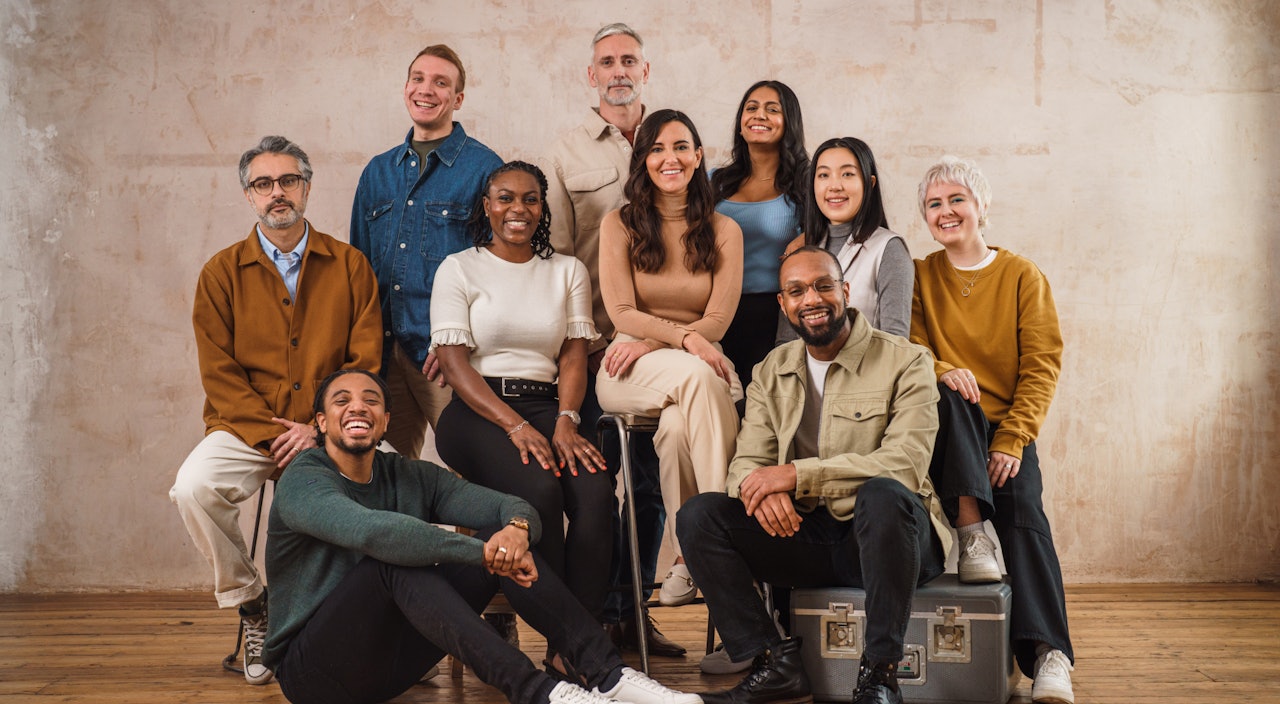Together We Thrive: A Whole-Community Approach to Mental Health

Raya Moshiri
05 May 2025

Content
- Navigating the pressure of “perma-crisis”
- The problem with resilience
- Understanding mental health holistically
- The Circles of Influence
- Ending with intention
Mental health isn’t formed in isolation, it’s something we build together.
In Unmind’s recent webinar, Together We Thrive, Steve Peralta, Co-Founder and Chief Wellbeing Officer at Unmind, led a thoughtful discussion on why supporting mental health requires more than individual solutions. It’s about rethinking the systems we live and work in and how intentional, everyday actions can create healthier environments for everyone.
Navigating the pressure of “perma-crisis”
These days it can feel like one crisis is barely over before another begins – many call it “perma-crisis”: a prolonged state of global uncertainty, marked by economic instability, climate anxiety, digital overload, and growing social fragmentation.
These conditions don’t just impact productivity or performance – they take a toll on our mental health. A 2025 study from the recruitment firm Reed found that 85% of employees reported symptoms of burnout in the past year, with younger professionals particularly affected. Rather than seeing burnout as a personal failing, this moment invites us to consider what systems need to shift – and how we can take shared responsibility for creating change.
The problem with resilience
Many mental health strategies still focus on helping individuals “cope better – whether through mindfulness apps, resilience training, or stress management workshops. While those tools are valuable, they often overlook something fundamental: humans are wired for connection. When that connection is missing, even in subtle ways, the impact is real.
Research shows that when people don’t feel seen or supported, stress responses intensify, and psychological safety – feeling able to speak up and be yourself – erodes. This is especially true in the workplace, where culture and communication patterns influence whether people feel safe being honest, imperfect, and human.
Building psychologically safe environments isn’t about grand gestures – we’re not talking about a rousing town hall speech here – is great, it’s about presence, empathy, and consistent, human-centered interaction.
Understanding mental health holistically
One helpful framework shared during the webinar breaks mental health into three interconnected dimensions:
- Biological: Sleep, movement, nutrition, and nervous system regulation
- Psychological: Thoughts, emotions, beliefs, and coping strategies
- Social: Relationships, communities, and the culture we live and work within
While biological and psychological health often receive the most attention, the social dimension – our experience of connection, inclusion, and belonging – plays a critical role in sustainable wellbeing.
The Circles of Influence
To support mental health at every level, Steve introduced the Circles of Influence – a simple model for taking meaningful, grounded action across three areas:
1. Self
What’s one small thing you can do this week to support your own mental health?
Some ideas:
- Start the day without screens.
- Schedule a short walk outside.
- Set clearer boundaries around your time and energy.
2. Relationships
Who in your life might benefit from extra support, connection, or care?
Whether it’s reaching out to a colleague, checking in with a friend, or simply listening without rushing to respond, presence matters.
3. Community
What action could help create a more mentally healthy environment in your workplace or neighborhood?
You might try starting a meeting with a one-word check-in, sharing a mental health resource, or modeling vulnerability in a conversation.
These small steps don’t need to be complex – what matters is their consistency, and the ripple effect they create over time.
Ending with intention
Rather than wrapping with a traditional Q&A, the session closed with something simple: a moment of pause. Attendees were encouraged to take the final minutes to check in with themselves – no agenda, no pressure, just space.
When life feels relentless, don’t underestimate the power of pause. Whether you’re leading a team or managing your own wellbeing, how you show up for yourself and for others has the potential to shift culture.
Because when it comes to mental health, we don’t thrive alone. We thrive together.
About the Author

Raya Moshiri, Marketing Associate
I’m Raya Moshiri, and I help organizations bring proactive mental health support to life by coordinating programs, resources, and experiences that drive engagement and real-world impact. Based in New York, I’m dedicated to making workplace wellbeing both attainable and actionable.
About the Author

Raya Moshiri, Marketing Associate
I’m Raya Moshiri, and I help organizations bring proactive mental health support to life by coordinating programs, resources, and experiences that drive engagement and real-world impact. Based in New York, I’m dedicated to making workplace wellbeing both attainable and actionable.